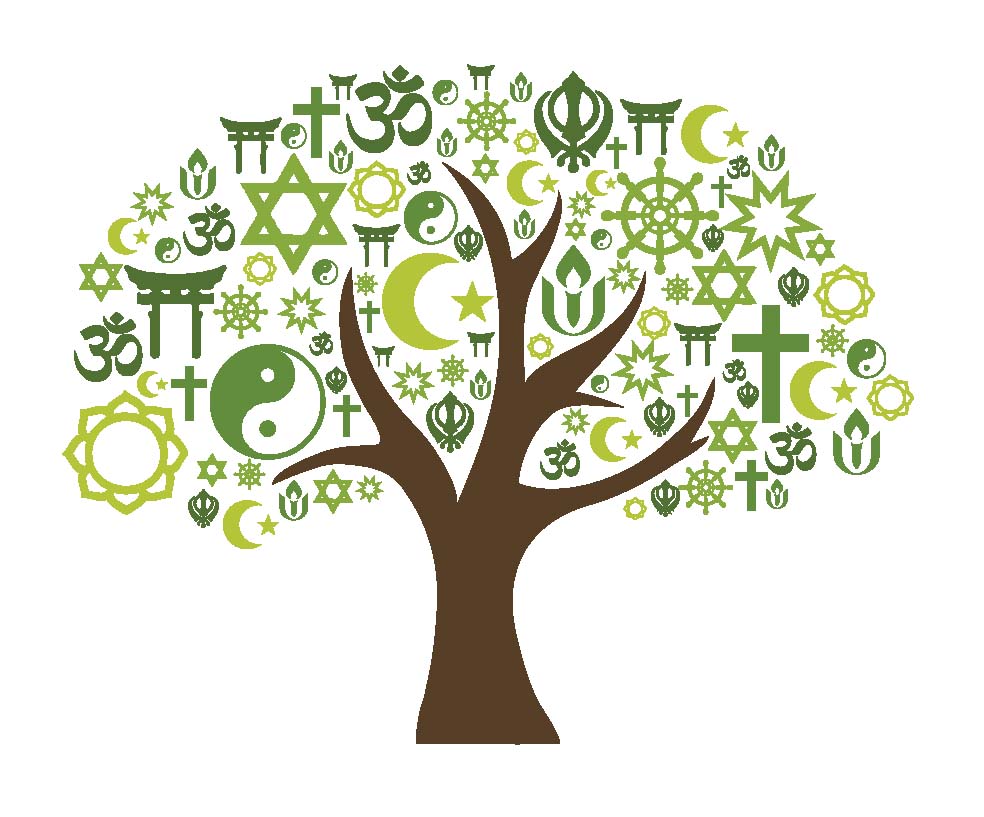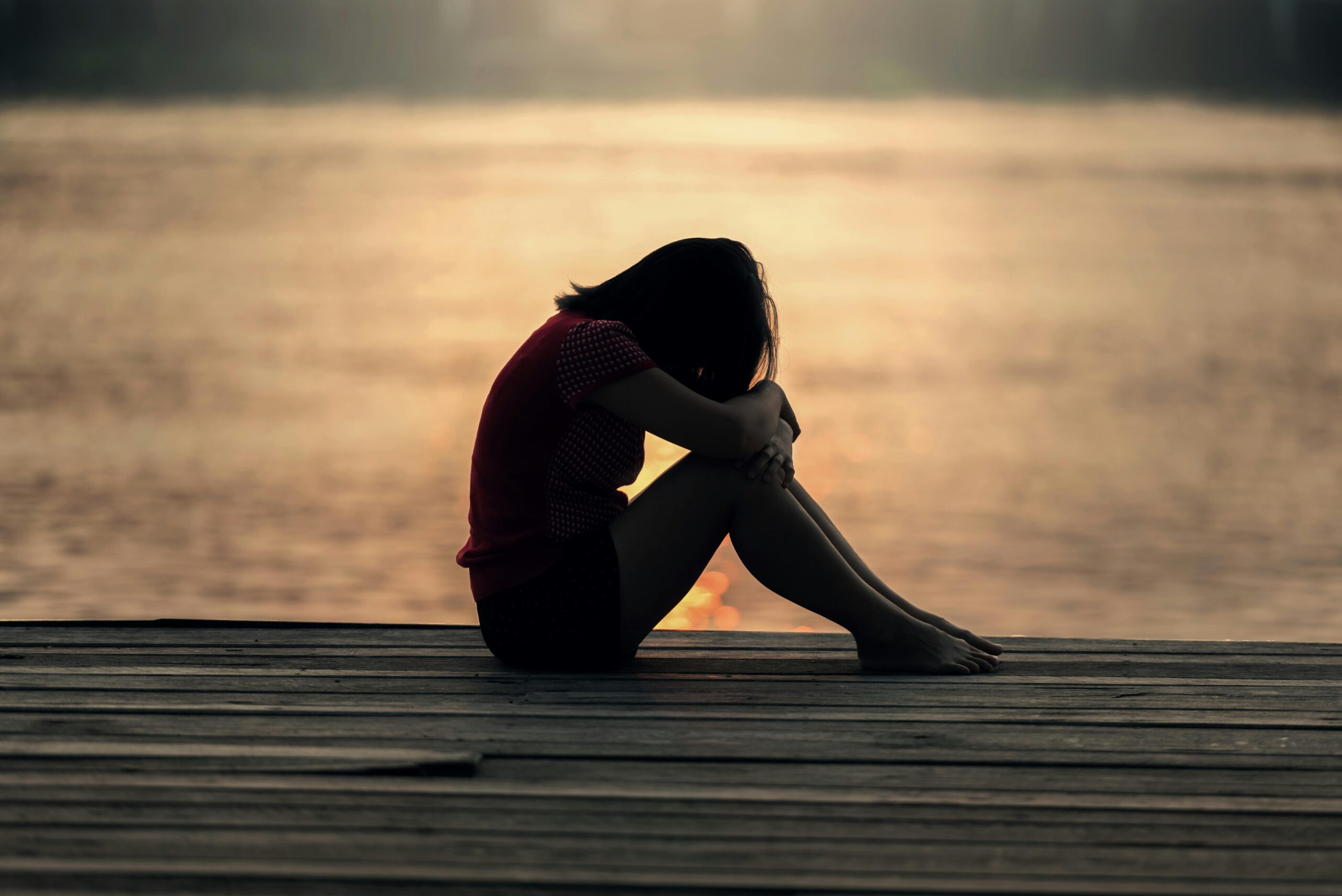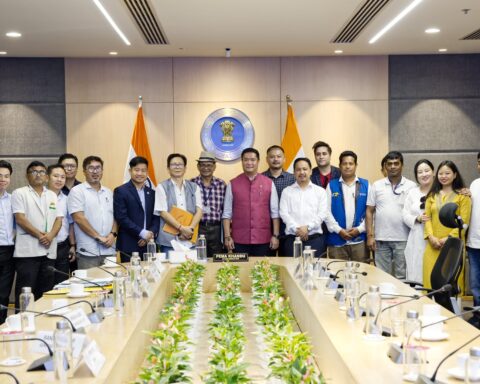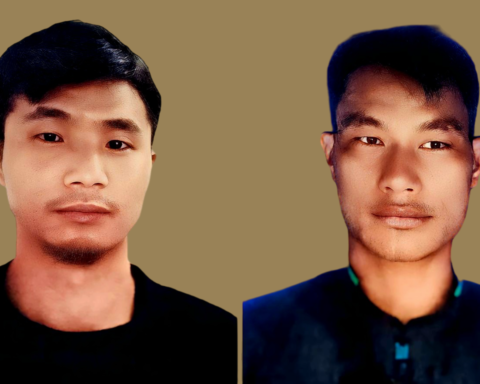Itanagar: The Indigenous Faith and Cultural Society of Arunachal Pradesh (IFCSAP) has strongly opposed the recent demands put forth by the Arunachal Christian Forum (ACF) for the repeal or amendment of the Arunachal Pradesh Freedom of Religion Act, 1978 (APFRA-1978) among several others.
The IFCSAP, in a statement on Monday, said that it perceives these demands as a deliberate and premeditated effort to disrupt the religious harmony and mutual respect among various indigenous faith groups in the state, including nature worshippers, Buddhists, Vaishnavites, and others.
The society further called upon the ACF to refrain from raising issues that “may disturb the peaceful coexistence of all faith communities in the state”.
The APFRA 1978 (Act No.4 of 1978), passed by the then Union Territory Government of Arunachal Pradesh and assented to by the President of India on October 25 of the same year, aims to regulate and, if necessary, restrict or prohibit religious conversions from one faith to another through the use of force, inducement, or fraudulent means. Its primary goal is to maintain the clarity of religious norms and prevent ambiguity in this regard.
The IFCSAP highlighted that all religions have their own established norms and rules regarding religious conversions, such as the Iron Law of Karma among Hindus and Article 26 of the National Identity Card Law in Islam.
“Indigenous faiths often lack written sacred texts like the Bhagavad Gita, Quran, or Bible and instead, they focus on traditions, rituals, costumes, dances, masks, artifacts, and intangible cultural heritage. These practices are essential components of indigenous cultural identity, connecting them with their heritage. Therefore, APFRA, 1978, can be seen as a measure aimed at safeguarding the right to freedom of religion,” the society said.
The IFCSAP also said that it maintains a steadfast demand for the immediate and sincere implementation of APFRA, 1978.
“Although the country lacks a federal law on religious conversions, individual states have the authority to enact such laws, as suggested by the Union Law Ministry in 2015. Accordingly, nine states, including Arunachal Pradesh, have enacted their own laws regarding religious conversions. There might be questionable motives behind ACF’s demand for the repeal or amendment of this act the IFCSAP would like to remind everyone that Sections 295A and 298 of the Indian Penal Code make malicious and deliberate actions to hurt religious sentiments a cognizable offense,” the society said.
Addressing complaints related to the Department of Indigenous Affairs (formerly known as the Department of Indigenous Faith and Cultural Affairs) and government grants-in-aid by the ACF, the IFCSAP emphasized that Arunachal is predominantly a tribal state.
“A tribe or Scheduled Tribe is defined by its geographical isolation, distinct cultural identity, language, traditional judicial systems, and socio-economic backwardness. Governments are mandated to create policies in line with the UNESCO Convention 2005 Cultural Policy, which India ratified on December 15, 2006. The establishment of the Department of Indigenous Affairs (DIA) can be viewed as institutional support for the protection, promotion, and dissemination of diverse cultural expressions. It aims to revitalize various institutions, groups, individuals, and non-governmental organizations in need of support, ensuring the survival and propagation of intangible cultural heritage,” the IFCSAP said.
Regarding the Tawang Church issue, the IFCSAP reiterated its stance that local sentiments and the faith group’s rights in the area should be respected, rather than resorting to intimidation and divisive tactics.
“Tawang is home to the peace-loving Monpas, who practice Mahayana Buddhism. They have every right to defend their land, religion, and spirituality in its pristine form,” it said.
The IFCSAP also encouraged transcending regional and political boundaries to appreciate the contributions of external groups and philosophers who actively support the state and its people in various ways.
“These individuals and organizations, even if not native to Arunachal Pradesh, are part of the broader Indian family and contribute positively to the state’s development,” the society said.
The IFCSAP further emphasized that religion should not be entangled with politics when determining the fate of religious institutions and spirituality.
“Keeping them separate is crucial to preserve the sanctity of religious practices and belief systems, preventing them from being diluted or tainted,” it said.
Also read: NCPCR asks Arunachal govt to file FIR against Pastor for child healing claims





